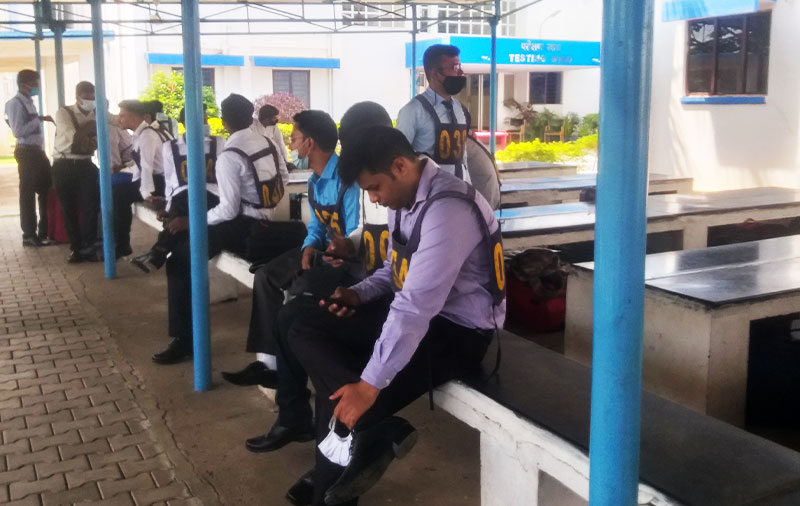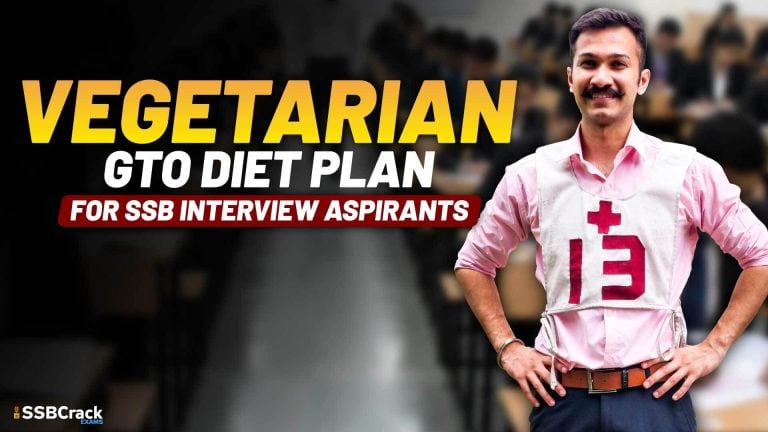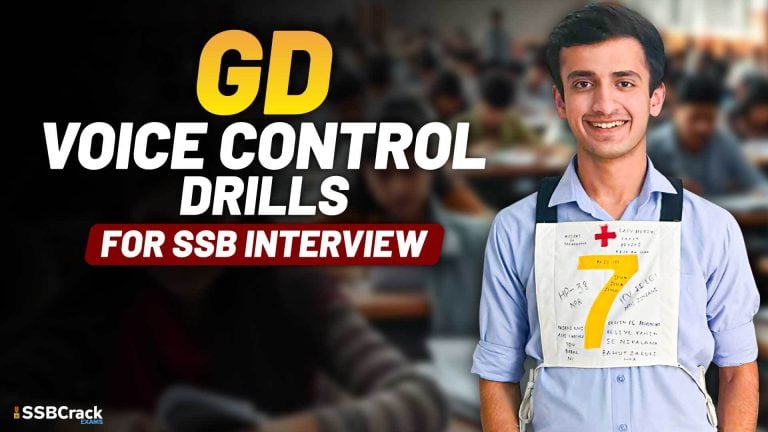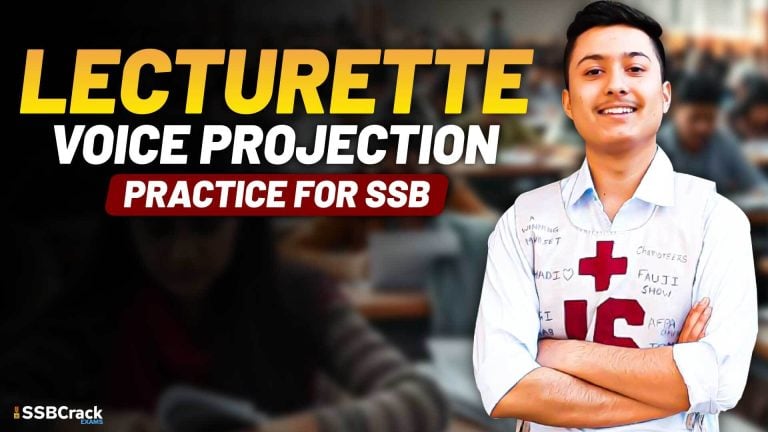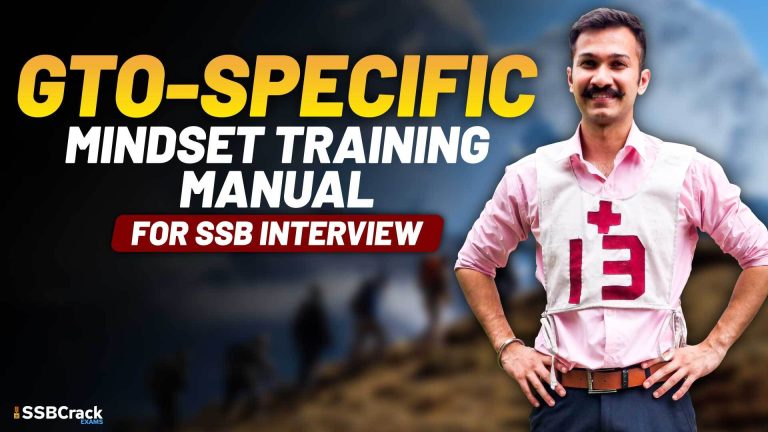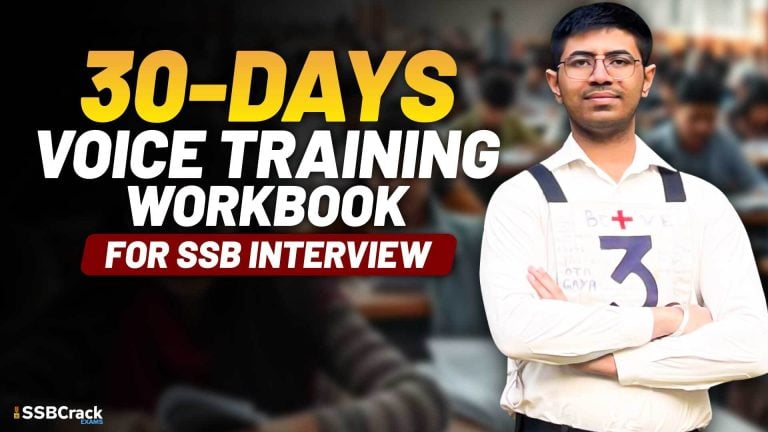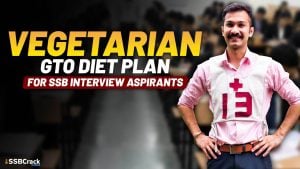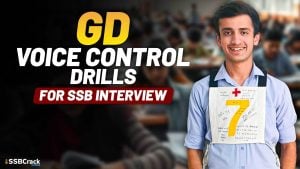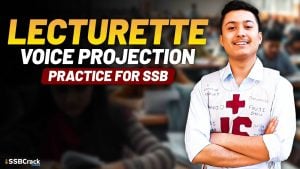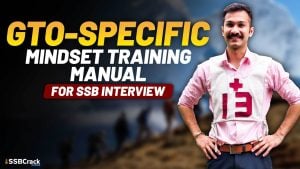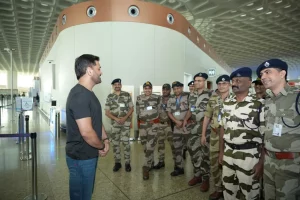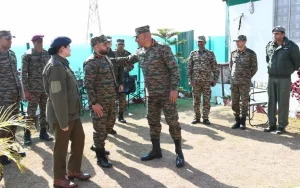The AFCAT AFSB (Air Force Selection Board) Interview is widely regarded as one of the most challenging interviews in the defense sector. It serves as the final stage of the AFCAT selection process and plays a crucial role in evaluating candidates’ mental and physical capabilities. The AFSB interview is a comprehensive assessment that includes group tasks and psychological tests, providing a holistic view of the candidates’ potential. In this article, we will take an in-depth look at the 5-day AFSB interview selection process, exploring each day’s activities and the qualities that the board evaluates in candidates.
Day 1: Screening Test
The first day of the AFSB interview involves a screening test that aims to shortlist candidates for further evaluation. The screening test comprises various components, including verbal and non-verbal reasoning, picture perception, and discussion test (PPDT). Candidates are shown a hazy picture for 30 seconds and are then required to write a story based on the picture. Afterward, candidates participate in a group discussion where they collectively decide the main characters, plot, and conclusion of the story.
Day 1: Psychological Tests
On the same day, candidates undergo a series of psychological tests to assess their personality traits and aptitude. These tests are designed to evaluate the candidates’ psychological suitability for a career in the Indian Air Force. The psychological tests include the following:
Thematic Apperception Test (TAT)
In the TAT, candidates are shown a series of ambiguous pictures and are required to construct a story based on each picture. This test helps assess the candidates’ thought process, imagination, and their ability to handle different situations.
Word Association Test (WAT)
The WAT involves the presentation of a series of words, one after another. Candidates must write a sentence or phrase that comes to their mind immediately after seeing each word. This test aims to evaluate the candidates’ thought process, emotional responses, and their ability to think on their feet.
Situation Reaction Test (SRT)
The SRT consists of a series of hypothetical situations presented to the candidates. They are required to provide their immediate response or course of action in each situation. This test assesses the candidates’ decision-making skills, judgment, and ability to handle challenging scenarios.
Self-Description Test (SD)
In the SD test, candidates are asked to write a self-description by providing information about their strengths, weaknesses, aspirations, and achievements. This test helps the assessors gain insights into the candidates’ self-awareness, self-confidence, and overall personality.
| Day | Stage of the AFSB Exam |
|---|---|
| Day 1 (Morning) | Stage I |
| Day 1 (Afternoon) | Stage II |
| Day 2 | Group Test/ Interview |
| Day 3 | Group Test/ Interview |
| Day 4 | Group Test/ Interview |
| Day 5 | Group Tests/Interviews & Board Conferences |
| Day 6 | CPSS for candidates applying for flying branch only. |
Day 2 and 3: Group Testing Officer (GTO) Tasks
The second and third days of the AFSB interview are dedicated to the Group Testing Officer (GTO) tasks. These tasks are conducted to assess the candidates’ ability to work as part of a team, their leadership qualities, and their problem-solving skills. The GTO tasks include the following:
Group Discussion (GD)
In the GD, candidates are divided into small groups and are given a topic to discuss collectively. The assessors observe the candidates’ ability to communicate effectively, put forth their point of view, and work collaboratively with others.
Group Planning Exercise (GPE)
The GPE involves the candidates being given a hypothetical situation that requires them to plan and execute a given task within a specified time frame. This task assesses the candidates’ planning abilities, decision-making skills, and their ability to work under pressure.
Progressive Group Task (PGT)
The PGT is a series of group obstacles that candidates must overcome collectively. The obstacles may include physical challenges such as climbing walls, crossing ditches, and building structures. This task evaluates the candidates’ teamwork, coordination, and problem-solving capabilities.
Half Group Task (HGT)
The HGT is similar to the PGT but is conducted with half of the group members. Candidates are required to solve obstacles in smaller teams, further emphasizing their teamwork and leadership abilities.
Individual Obstacles
In this task, candidates face a set of individual obstacles that they must overcome within a given time limit. The obstacles test their physical fitness, agility, and determination.
Command Task
The Command Task allows candidates to take on the role of a leader and complete a given task by commanding a group of subordinates. This task assesses their leadership qualities, decision-making abilities, and communication skills.
Lecturette
In the Lecturette, candidates are given a topic and are required to deliver a short impromptu speech on the given topic. This task evaluates their ability to think on their feet, express their thoughts clearly, and present information effectively.
Day 4: Personal Interview
The Personal Interview at AFSB is a detailed process where the interviewing officer gauges a candidate’s suitability for the role of an officer in the Indian Air Force. It’s not just about academic knowledge but also about personality, character, and potential leadership qualities.
Here are some general aspects and tips for the AFSB Personal Interview:
- Background Preparation: Know your personal life in detail. Be ready to answer questions about your family, your upbringing, your education, and any other personal experiences.
- Honesty: Always be truthful. The interviewers are trained to detect inconsistencies and lies. It’s okay if you don’t know the answer to something; just admit it.
- Current Affairs: Have a good grasp on current national and international news, especially defense-related news. You might be asked about your opinion on recent events.
- Service-related Knowledge: Have a basic understanding of the Indian Air Force, its aircraft, operations, and recent activities.
- Technical Knowledge: If you’re from a technical background, be prepared to answer questions related to your field of study.
- Dress Appropriately: Wear formal attire. It’s better to be overdressed than underdressed. Make sure you’re well-groomed.
- Body Language: Maintain good posture, make eye contact, and have a firm handshake. Your body language speaks volumes about your confidence.
- Tackle Stress Questions: The interviewing officer might ask you questions to gauge your reaction under pressure. Stay calm and composed. Think before you answer.
- Strengths and Weaknesses: Be prepared to talk about your strengths and how they will be an asset to the IAF. When discussing weaknesses, also mention the steps you’re taking to overcome them.
- Stay Positive: Always maintain a positive attitude, even if some questions seem tough or if you feel you made a mistake. Don’t let it shake your confidence for the remaining interview.
- Be Polite and Respectful: Show respect to the interviewing officer. Listen carefully to the questions before answering.
- Practice: Before the actual interview, practice with mock interviews. It helps you get used to the format and helps in reducing nervousness.
Remember, the AFSB Personal Interview is not just about testing your knowledge but understanding who you are as an individual. Your attitude, confidence, and genuine passion for serving the nation are what they’re truly looking for.
Day 5: Conference
The final day of the AFSB interview is the conference. Candidates appear before a board of assessors who review their performance throughout the selection process. The assessors discuss the candidates’ strengths, weaknesses, and overall suitability for a career in the Indian Air Force. During the conference, candidates have the opportunity to clarify any doubts or provide additional information that they feel may strengthen their case.
Conclusion
The 5-day AFSB interview selection process is a rigorous assessment designed to identify candidates with the necessary qualities to serve in the Indian Air Force. It evaluates candidates’ mental and physical strengths, leadership potential, teamwork abilities, decision-making skills, and overall personality. By understanding the various components of the AFSB interview, candidates can better prepare themselves for this challenging selection process and increase their chances of success.
Remember, the AFSB interview is not just a test of knowledge and skills; it is an opportunity to showcase your potential and passion for serving the nation. Approach the interview with confidence, stay true to yourself, and demonstrate the qualities that make you an ideal candidate for the Indian Air Force. Good luck!
